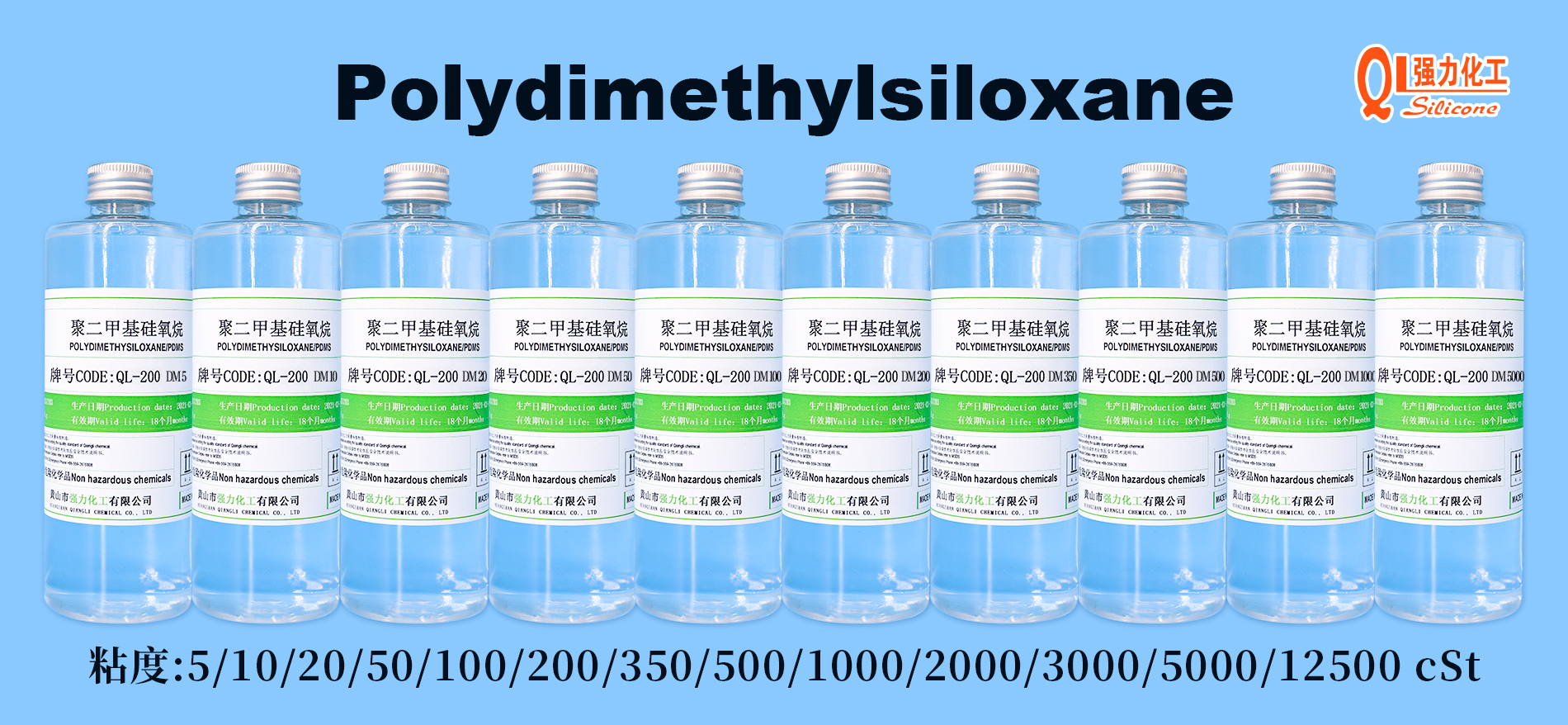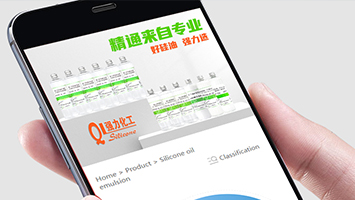Is the difference in the viscosity of PDMS caused by the difference in the degree of polymerization?
The viscosity difference of PDMS (polydimethylsiloxane, i.e., dimethyl silicone oil) is mainly caused by different degrees of polymerization, and it is also slightly affected by molecular structure (such as end group types). The detailed explanation from the perspective of chemical structure is as follows:
The molecular structure of PDMS is linear chain, with the repeating unit -Si(CH₃)₂-O-, and its general formula can be expressed as:
(CH₃)₃SiO-[Si(CH₃)₂-O-]ₙ-Si(CH₃)₃
Here, n is the degree of polymerization (the number of repeating units).
-
Higher degree of polymerization (larger n) : The longer the molecular chain, the stronger the van der Waals force (mainly dispersion force) between molecules, and the higher the entanglement degree between chains, resulting in poor fluidity and higher viscosity.
-
Lower degree of polymerization (smaller n) : The shorter the molecular chain, the weaker the intermolecular force, the less entanglement, the better the fluidity, and lower viscosity.
For example:
-
Low-viscosity PDMS (such as 100 mm²/s) usually has a low degree of polymerization (n is about several tens);
-
High-viscosity PDMS (such as 100000 mm²/s) can have a degree of polymerization as high as several hundreds or even thousands.
The end groups (groups at both ends of the molecular chain) of PDMS are usually -Si(CH₃)₃ (trimethylsiloxy), but some special models may be capped with hydroxyl groups (-Si(CH₃)₂-OH) or other groups.
-
When the end groups are inert groups (such as trimethylsilyl), there is no additional interaction between molecular chains, and the viscosity is only dominated by the degree of polymerization;
-
If the end groups are active groups (such as hydroxyl groups), weak hydrogen bonds may form between molecules, which will make the viscosity of PDMS with the same degree of polymerization slightly higher than that of PDMS with inert end groups, but the impact is far less than the difference caused by the degree of polymerization.
In addition to the degree of polymerization and end groups, temperature also significantly affects the viscosity of PDMS (silicone oil has a small viscosity-temperature coefficient, but the viscosity will still decrease at high temperatures). However, this is a change in physical state, not the inherent viscosity difference caused by chemical structure.
In summary, the degree of polymerization is the most core factor determining the viscosity of PDMS. The difference in molecular chain length directly leads to the viscosity difference of different types of PDMS, while the influence of end groups and temperature is relatively secondary. In practical applications (such as floor polishes, lubricants, etc.), PDMS with different degrees of polymerization is selected to match the required viscosity performance.





